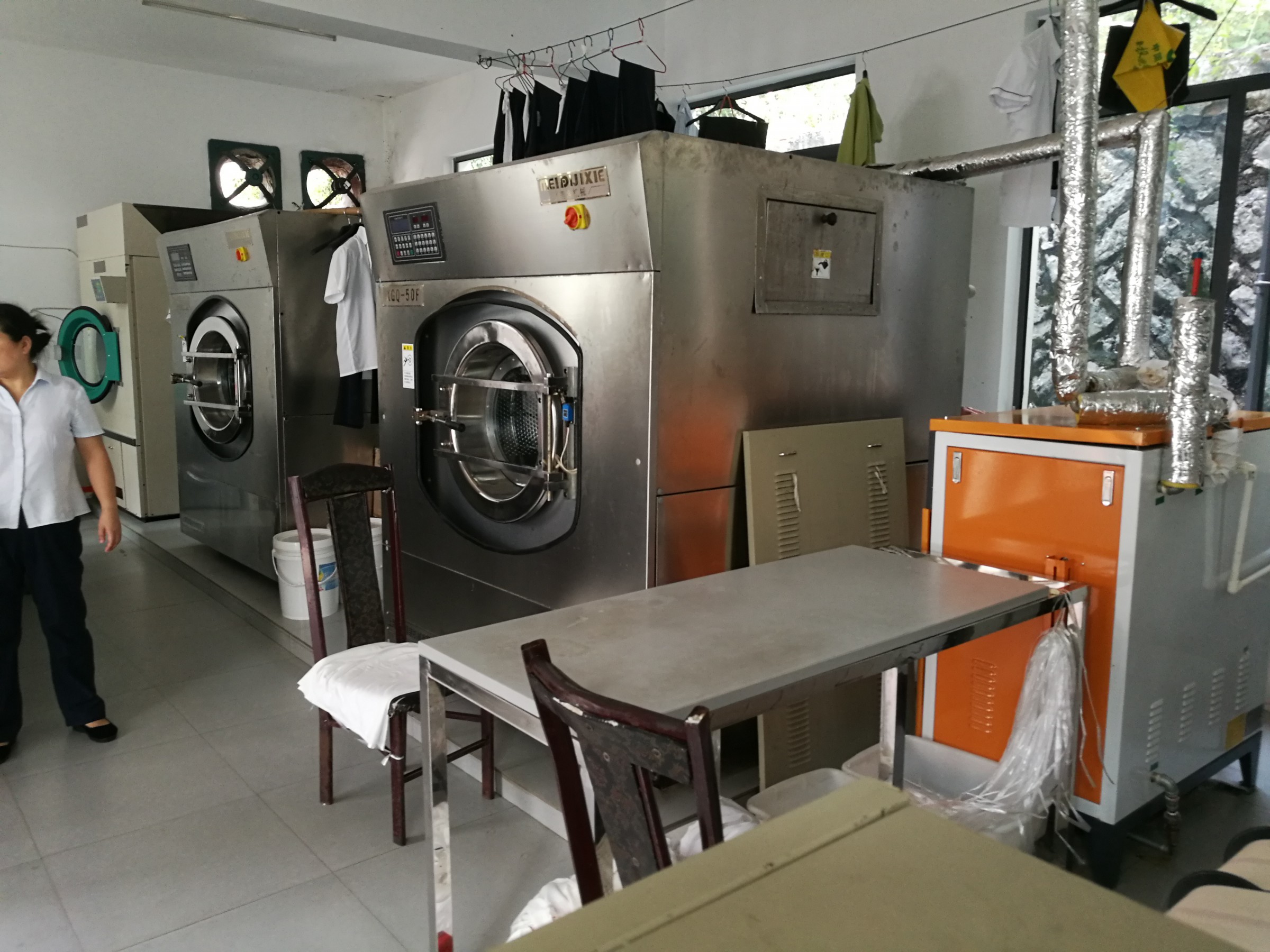A:
At present, the most commonly used fuel types are gas steam boilers and gas thermal oil furnaces.
The main difference between steam boilers, hot water boilers and thermal oil furnaces is that steam boilers produce steam, hot water boilers produce hot water, and thermal oil furnaces produce high temperatures. The three have different uses and categories.
Steam boilers appeared earlier and have always been used by people. They are widely used for drying and heating in many industries such as petroleum, chemicals, oils, papermaking, artificial boards, wood, food, rubber, etc. Over the years, the role of steam boilers cannot be ignored, let alone underestimated. However, due to the different environmental conditions around the world and the relatively high demand and requirements for water in steam boilers, it has its limitations.
Many years later, people studied the relationship between atmospheric pressure and the boiling points of various liquids such as water and oil, and invented the thermal oil boiler, using the high temperature and low pressure of thermal oil to replace steam boilers. Compared with steam boilers, thermal oil boilers can achieve higher operating temperatures at lower pressures to meet the needs of industrial production; for liquid phase transportation, when the temperature is less than 300 degrees, the heat carrier has a lower saturated steam pressure than water. 70-80 times, and not easy to freeze in cold areas; it can replace steam boilers using water as the medium for heating in areas with poor water resources, and has high heat utilization rate.
Steam boiler: The heating equipment (burner) releases heat, which is first absorbed by the water-cooled wall through radiation heat transfer. The water in the water-cooled wall boils and vaporizes, generating a large amount of steam and entering the steam drum for steam-water separation (except for once-through furnaces). The separated saturated steam enters The superheater continues to absorb the flue gas heat from the top of the furnace and the horizontal flue and tail flue through radiation and convection, and makes the superheated steam reach the required operating temperature.
Thermal oil furnace is a liquid phase furnace that uses thermal oil as a carrier and has the characteristics of low pressure and high temperature.
Steam boilers use water as the medium to generate steam. Compared with the high temperature and low pressure of thermal oil furnace, it needs to reach higher pressure.
A hot water boiler is a device that simply provides hot water and does not require inspection.
Steam boilers can be divided into electric steam boilers, oil-fired steam boilers, gas-fired steam boilers, etc. according to the fuel; according to the structure, they can be divided into vertical steam boilers and horizontal steam boilers. Small steam boilers are mostly single or double return vertical structures. Most steam boilers have a three-pass horizontal structure.
Thermal oil furnace
Thermal transfer oil, also known as organic heat carrier or heat medium oil, has been used as an intermediate heat transfer medium in industrial heat exchange processes for more than fifty years. Thermal oil furnace belongs to the organic heat carrier furnace. The organic heat carrier furnace is a kind of product successfully developed by our company’s technicians on the basis of absorbing the technology of domestic and foreign organic heat carrier furnaces. It uses coal as the heat source and thermal oil as the heat carrier. It is forced by a hot oil pump. Circulation, high-efficiency and energy-saving heating equipment that delivers heat to heating equipment.
Compared with steam heating, the use of thermal oil for heating has the advantages of uniform heating, simple operation, safety and environmental protection, energy saving, high temperature control accuracy, and low operating pressure. It has been widely used as a heat transfer medium in modern industrial production. application.
Generally speaking, in some limited areas, the replacement of steam boilers by thermal oil boilers has strong advantages. Also according to different market needs, steam boilers and thermal oil boilers have their own status.
Steam boilers, hot water boilers and thermal oil furnaces can all be divided according to fuel types: such as gas steam boilers, gas hot water boilers, gas thermal oil furnaces, and fuels such as fuel oil, biomass, and electric heating.
Post time: Oct-11-2023





